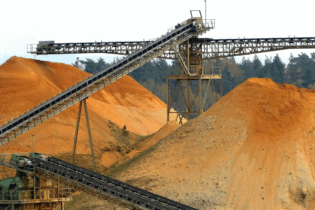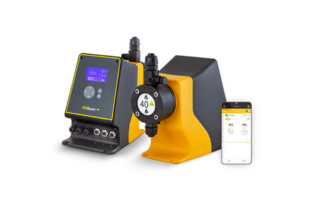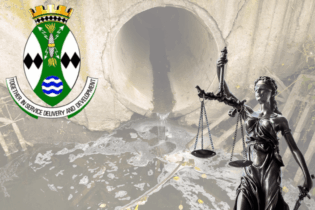Due to the ongoing concern over future water scarcity in urban areas, Vela VKE (Part of the SMEC Group) was recently commissioned to assist a number of South African municipalities in implementing effective water demand management strategies, in order to reduce wastage.
The company’s head of water services for Johannesburg Rowan Griffioen notes that some municipalities in South Africa have up to 50% of their water supply unaccounted for on a continuous basis. “Unaccounted for water is water that the municipality pays for, but does not generate revenue from. This can result from leakages or poor management strategies, and has a considerably negative environmental and financial impact on communities.” Griffioen highlights the fact that the water services section has the capabilities to reduce that number to a sustainable 25%, by implementing a long-term solution that is based on in-depth research and studies. “The benefits of an efficient water demand management strategy saves capital and, more importantly, conserves the country’s most precious resource.” The company’s water services team is also currently playing a major role in upgrading the bulk and domestic water meter infrastructure across Johannesburg, adds Griffioen. “With regard to bulk meters, we have developed a model to determine the correct meter sizing related to water flow. A large amount of meters are currently sized based on the pipe diameter, rather than the velocity and flow inside the pipeline. By installing the correct sized meters, we are able to reduce meter inaccuracies from as high as 15% to less than 8%. In most instances, however, it is reduced to within 2 to 5% inaccuracy, which is in line with the meter’s own inaccuracy.” With regard to domestic water meters, Griffioen points out that the company is working in conjunction with Johannesburg Water on a R15 million four-phase project to relocate household meters that are inaccessible for reading and to replace meters that are either damaged, cannot be located or have been installed underground. All meters are replaced with an above-ground meter in order to improve their accessibility and to ultimately provide more accurate water usage figures. The first two phases entailed the replacement of 200 domestic and bulk water meters, before the company was commissioned to replace and relocate more than 28 000 domestic water meters across Johannesburg, says Griffioen. “Working closely with two contracting firms, we are currently responsible for implementing the replacement of water meters. To ensure that data is not compromised, readings and serial numbers of both the old and new meters are recorded, before compiling and submitting the information to the service provider, thereby diligently closing off the job cards,” he continues. Griffioen notes that more than 13 000 domestic and bulk water meters have been replaced since the project started in March 2011, and he anticipates a further 5 000 to be replaced by December 2012. “The biggest challenge facing us with this particular project is locating the meter, which can prove to be time-consuming, as most homeowners are unaware of its location. We do, however, have two teams of contractors each replacing approximately 20 meters per day, which places us on track to complete the project within the deadline.” Looking to the future, Griffioen believes that the demand for integrated water resource management services will continue to increase, particularly among municipalities.Municipal water – scarcity, wastage and future demands
Jul 31, 2012 |
Water
Water sources
Water Stewardshio







